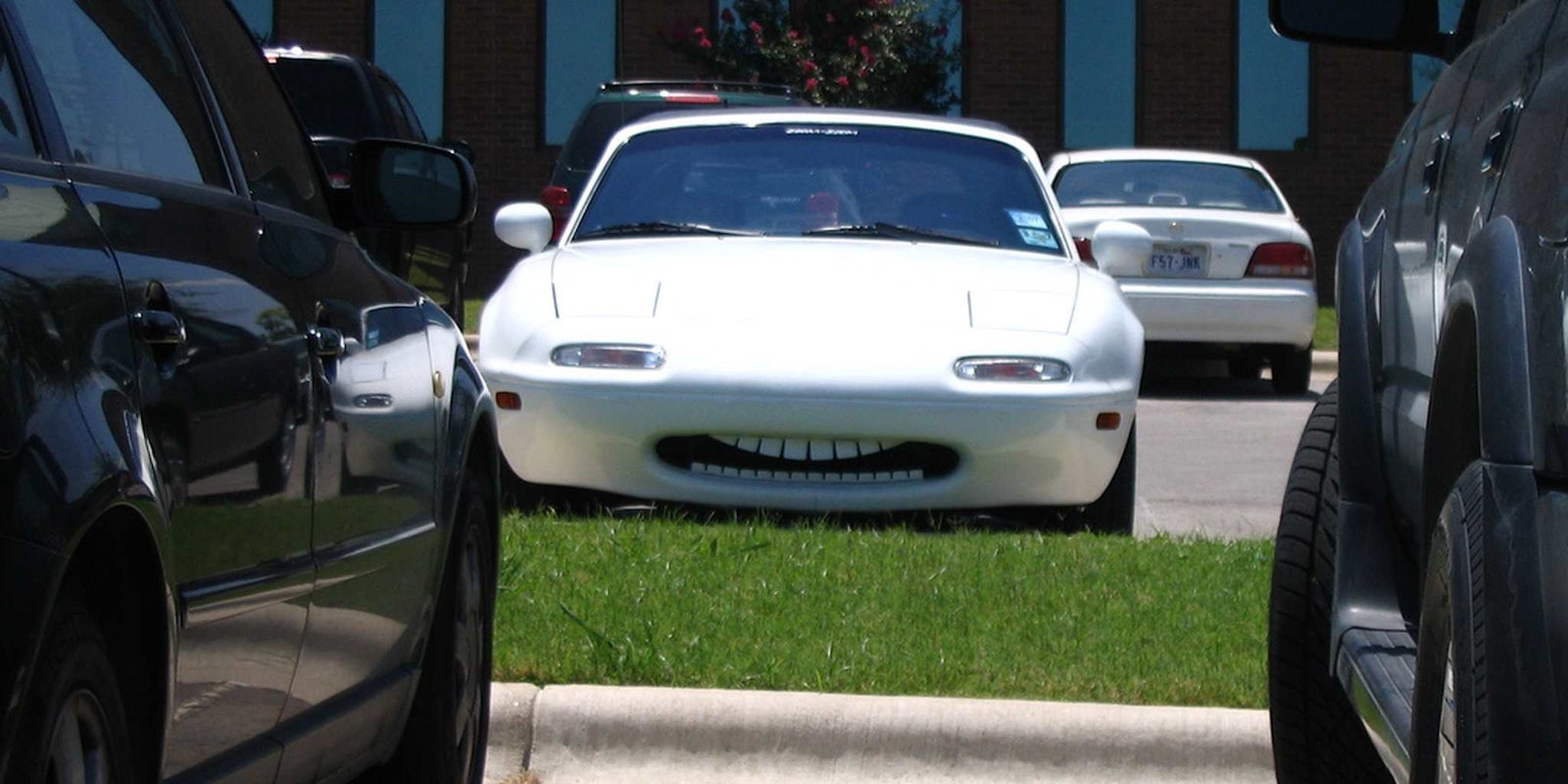These days, everyone wants to be your Facebook friend. Stores, bars, restaurants, your mom, even the website you’re reading—everyone wants to connect on social media. Normally (with the possible exception of Mom) it’s not that big of a deal. But as Basil Enan, CEO of founder of CoverHound, wrote this week, insurance companies are friending with less than perfect intentions.
Like your mom, they want to know what you’re doing. Unlike your mom, they might send you a bill for it.
Enan wrote in a VentureBeat story posted this week, that insurance companies may start offering more discounts to those who like the company’s page on Facebook. Esurance already has a 10 percent discount for connected customers in Arizona and Texas. In a press release last year, the company said the “Like to Save” program was started because Esurance was born of the Internet and likes to use the latest technology to serve. But Enan says there are other motives.
The author argues that with information gleaned from a Facebook page, car insurance companies can build a better rate from what they see online. Say you live 15 miles away from where you work (where you work and where you live are both likely to be listed). The company will now know that you drive at least 30 miles every day. It could also find undisclosed drivers via Facebook. Say you’re married, but your husband or wife is not mentioned as a regular driver on your insurance. With Facebook, the company now has that piece of information.
“I’m not saying your insurance company is necessarily checking out your Facebook profile today to help price your policy, but that’s definitely coming,” Enan wrote.
Enan goes on to say that insurance companies have only scratched the surface of the potential uses for social media. He says that a simple late night check-in at a bar could go a long way to proving someone’s condition in an accident claim from the same night. Or other dangerous behaviors could raise more red flags and thus raise your rates.
“But this is yet another reminder that you should be thoughtful about what you do on social media sites and how widely you make those profiles available to others,” he concluded.
But that shouldn’t be too hard—just give everybody the same limited access as your mom.
Photo via BruceTurner/Flickr


